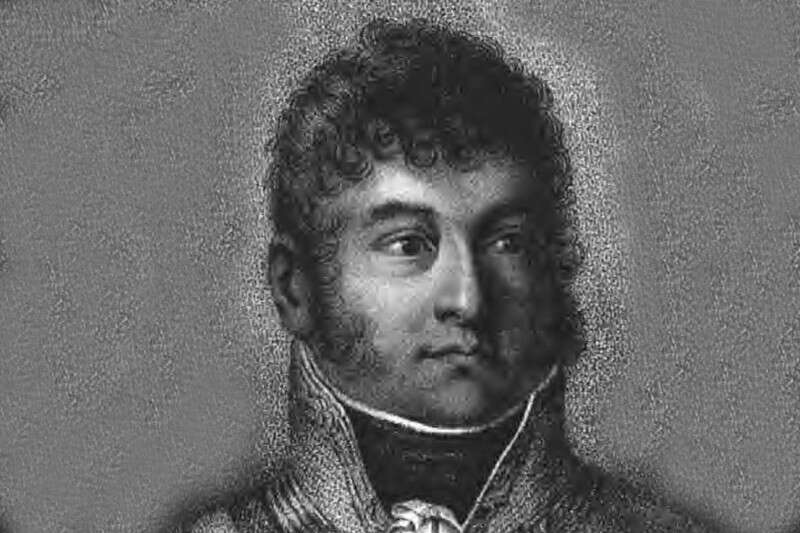The prince of Schwarzenberg
Krumlov native, nobleman and prominent Austrian politician with strong connection to Vienna
Prince of Schwarzenberg was a Czech nobleman and a prominent Austrian politician of the mid-19th century. He was also a loyal supporter of the governing dynasty. From October 1848, a milestone in Czech and European history, until his death, he served as Austrian Prime Minister.
Prince's childhood
He was born in 1800 to Jan Josef, Prince of Schwarzenberg, and Pauline of Ahrenberg in Český Krumlov. Felix was brought up by his aunt, as his mother tragically died when he was ten, having been burnt to death at a ball in Paris.
Army career
When he reached the age of 15, he entered military service as a cadet with the rank of lieutenant in the Austrian army and fought against Napoleon's troops during the campaign of Waterloo. Already at the age of 17 he wrote a treatise on tactics and in 1818 he joined Grand Duke Constantine's regiment of cuirassiers.
Felix's marriage
At the age of 24, he married Princess Amalia of Solms-Braunfels, who had inherited a vast fortune from her father, Prince William IX. During their marriage they had one daughter, but as their marriage was not a happy one, they divorced after ten years due to their mutual marital infidelities. At that time it was not socially permissible to divorce, but the noble status for Felix naturally carried a number of advantages and exceptions.
Colourful life
In 1824 Felix became a rhythmist with the Schwarzenberg Hulans and three years later he worked at the embassy in London. Felix was very active, as he then served on the Legation Council in Berlin for the next seven years, from 1831 to 1838.
In 1842 Felix was promoted to major general. To the damage of Czech society, he also contributed to the suspension of the democratisation process and in 1848 he was appointed Austrian Prime Minister. He was instrumental in the negotiation of the Olomouc Puncture (limiting Prussian influence in Central Europe) and the promulgation of the New Year's Patents (the basis of Austrian neo-Salutism and hard times for Bohemia).
Felix died of a stroke at the age of 52 in Vienna. His tomb can be found in Domanin











